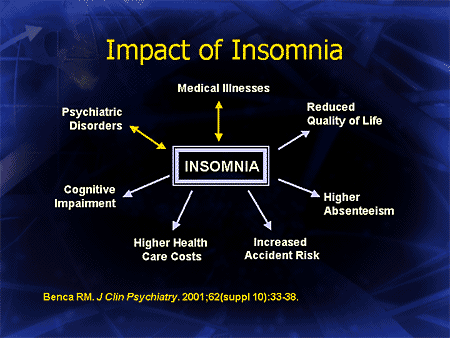Sleep is an essential activity that plays a crucial role in maintaining good health and well-being. It is a natural and vital process that allows the body to rest, regenerate, and repair itself. Insufficient or poor-quality sleep can have a significant impact on both physical and mental health. In this article, we will explore the importance of sleep and its various effects on overall well-being.
The Importance of Sleep
Sleep is not merely a state of rest; it is an active process that helps the body to perform several critical functions. During sleep, the brain consolidates memories, processes information, and clears out toxins that have accumulated throughout the day. Moreover, sleep is essential for regulating various bodily processes such as hormone production, metabolism, immune function, and cardiovascular health.
Physical Health
Getting enough quality sleep is crucial for optimizing physical health. Chronic sleep deprivation has been associated with an increased risk of various health conditions, including obesity, diabetes, cardiovascular disease, and even some types of cancer. Lack of sleep can disrupt the body's hormonal balance, leading to increased hunger, reduced insulin sensitivity, and weight gain. Furthermore, sleep deprivation can impair immune function, making individuals more susceptible to infections and illnesses. Studies have shown that those who regularly get less than 7 hours of sleep are more likely to catch a cold or the flu compared to those who sleep for an adequate duration.
Mental Health
Sleep plays a vital role in maintaining good mental health. Insufficient sleep can have a detrimental effect on cognitive function, making it harder to concentrate, solve problems, and make decisions. Additionally, sleep deprivation has been linked to an increased risk of developing mental health disorders such as depression and anxiety. Individuals with insomnia, a common sleep disorder characterized by difficulty falling asleep or staying asleep, are at a higher risk of developing psychiatric conditions. Lack of sleep can exacerbate existing mental health issues and also contribute to mood swings, irritability, and decreased overall well-being.
Impact on Daily Performance
Quality sleep is vital for optimal daily performance in various areas of life. When sleep-deprived, individuals may experience reduced productivity, impaired memory, and difficulty in learning new information. Lack of sleep also affects reaction time, decision-making abilities, and overall cognitive function, posing risks in situations that require attention and focus, such as driving or operating machinery. On the other hand, getting enough sleep has been linked to improved creativity, problem-solving skills, and the ability to retain information. It boosts concentration, alertness, and overall cognitive performance, enabling individuals to perform at their best throughout the day.
Tips for a Better Sleep
Several lifestyle changes can help improve sleep quality and duration. Here are some tips:
1. Stick to a sleep schedule:
Go to bed and wake up at the same time every day, even on weekends.
2. Create a bedtime routine:
Engage in relaxing activities before bed, such as reading, taking a warm bath, or practicing meditation.
3. Make your bedroom sleep-friendly:
Ensure your bedroom is dark, quiet, and at a comfortable temperature for sound sleep.
4. Limit exposure to screens before bed:
Avoid using electronic devices such as smartphones, tablets, or laptops for at least an hour before bedtime, as the blue light emitted by these devices can interfere with sleep.
5. Avoid caffeine and heavy meals close to bedtime:
Limit caffeine intake, especially in the afternoon, and avoid large meals or spicy foods that can cause discomfort or indigestion when lying down.
6. Exercise regularly:
Engage in regular physical activity as it promotes better sleep. However, try to finish exercising at least a few hours before bedtime.
7. Manage stress:
Stress and anxiety can disrupt sleep. Develop stress management techniques such as relaxation exercises, deep breathing, or journaling to promote a more peaceful sleep.
8. Consult a healthcare professional if needed:
If you are experiencing persistent sleep difficulties or suspect a sleep disorder, it is advisable to seek professional help and guidance.
Conclusion
Sleep is a fundamental aspect of our lives and plays an essential role in maintaining overall health and well-being. It affects both physical and mental health, daily performance, and the ability to lead a fulfilling life. By prioritizing and adopting healthy sleep habits, we can improve the quality of our sleep and enjoy the numerous benefits it offers.


